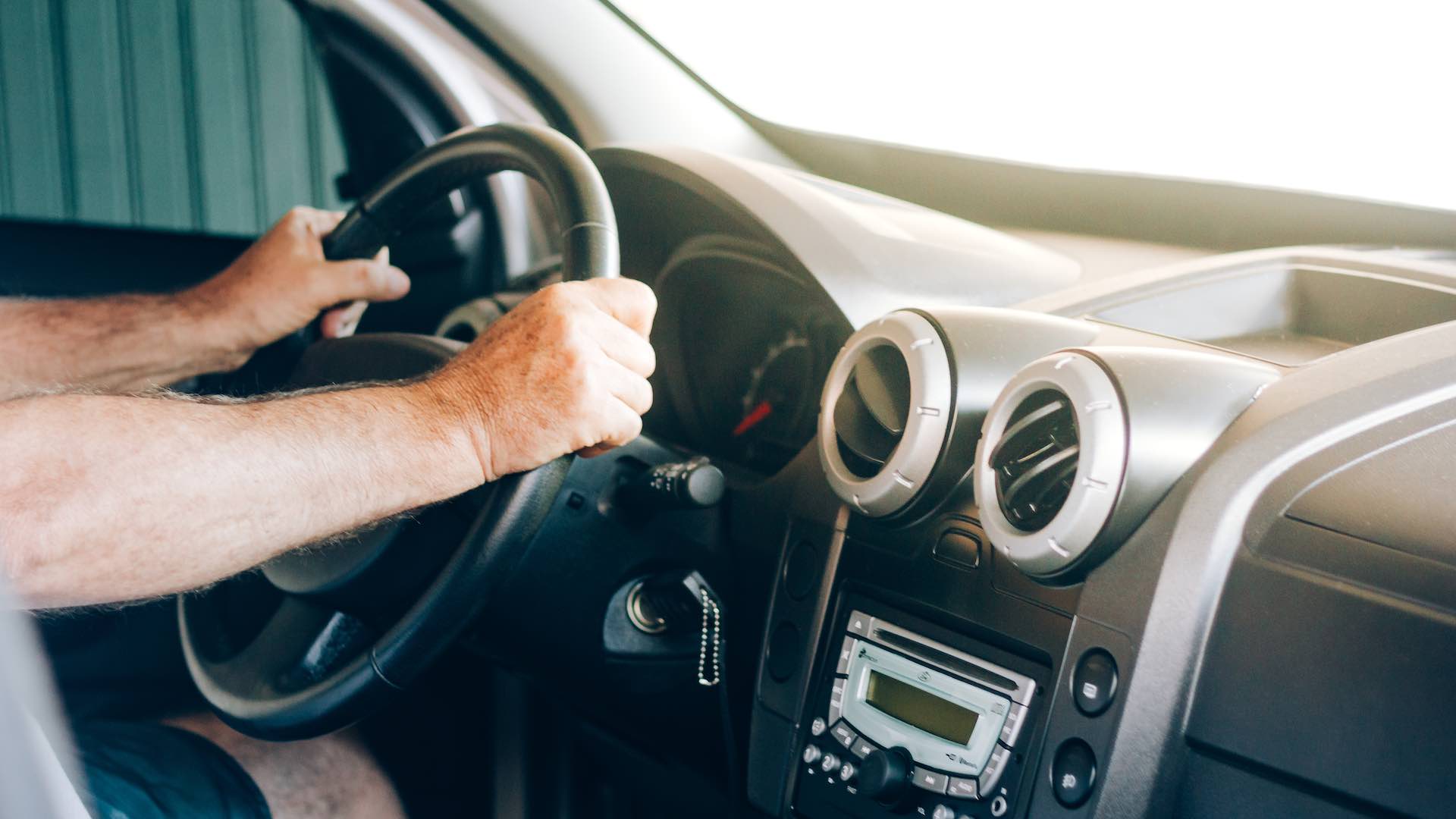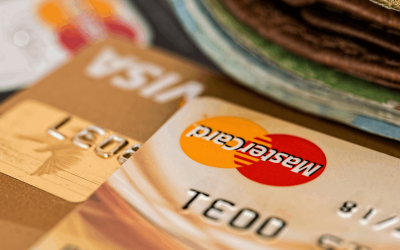As you’ve probably seen countless times on the road, obtaining a driver’s license doesn’t automatically turn you into a good driver. In fact, car accidents are one of the leading causes of injury and death in many parts of the world. To protect yourself, your passengers, and other drivers on the road, it’s essential to learn how to be a defensive driver.
This blog post will discuss what it means to be a defensive driver and why it’s so important. We’ll start by defining what a defensive driver is, followed by tips for driving safely and staying aware of your surroundings on the road.
What Does It Mean To Be a “Defensive Driver”?
A defensive driver is someone who takes steps to avoid potential accidents by anticipating dangerous situations and driving defensively. Essentially, this means taking precautions to prevent collisions, paying close attention to your surroundings, and being on alert for other drivers who may not be as careful or experienced as you are.
In other words, it’s the opposite of being an aggressive driver, who is often reckless and focused on getting to their destination as quickly as possible. Defensive drivers take their time on the road and always think ahead, staying alert for hazards or other drivers behaving erratically.
Why Is It Important to Be a Defensive Driver?
There are several reasons why being a defensive driver is so important. For one, it can help keep you and your passengers safe on the road. Injuries and deaths from car accidents can be devastating, not only for those involved but also for their families and loved ones. By driving defensively and avoiding potentially dangerous situations, you can reduce your chances of having an accident in the first place.
In addition, being a defensive driver can save you a considerable amount of money. Car accidents can be costly in terms of damage to your vehicle and any medical bills or legal fees resulting from an accident. Your insurance company may also consider your driving record when setting your rates. Maintaining a clean record can save thousands of dollars throughout your driving career.
Tips to Drive Safely and Defensively
So, how can you become a better defensive driver? Here are some tips to keep in mind the next time you get behind the wheel:
1. Slow Down
Perhaps the easiest way to drive defensively is simply to take your time on the road. Instead of rushing from one destination to another, focus on driving safely and being mindful of other drivers around you.
You should also aim to brake as gently as possible, avoiding sudden stops and starts that could lead to collisions. Start your maneuvers early, scanning the road and using your mirrors to take note of potential hazards.
2. Be Aware of Your Surroundings
Speaking of scanning the road and using your mirrors, it’s important to always be aware of your surroundings. Keep an eye out for red lights, stop signs, pedestrians crossing the street or cyclists in your path. In addition, pay attention to the cars ahead of you, so you know what to expect on your upcoming drive.
And don’t limit yourself to your immediate surroundings, either — try to be aware of what’s happening on the road several cars ahead or behind you. This can help you anticipate any hazards and adjust your driving maneuvers accordingly.
3. Don’t Give In to Road Rage
One of the biggest mistakes many drivers make is allowing themselves to get angry or frustrated while on the road. It can lead to reckless driving and other unsafe behaviors, such as speeding or tailgating.
Be prepared to get cut off in traffic or for other drivers to make unexpected turns or lane changes. Instead of taking these actions personally, try remaining calm and focused on your driving. You are solely responsible for your own safety, so there’s no need to get caught up in the actions of other drivers.
4. Keep a Safe Distance
When driving, you should always maintain a safe distance from other vehicles. You never know when another driver might stop abruptly or swerve out of their lane, so keeping a buffer zone between your car and theirs can help keep you safe. In general, always leave at least three seconds’ worth of space between you and the car in front of you on the highway.
This distance increases when driving in bad weather conditions, such as rain or snow. You should also allow more space between you and large vehicles like trucks or buses. Otherwise, you may need to call a semi-truck accident lawyer. The same goes for vulnerable road users like bicyclists and motorcyclists. Give them plenty of room, and never pass them too closely or quickly.
Finally, drunk, tired, and distracted drivers are all dangerous on the road. Always be on the lookout for unsafe drivers. If you spot one, remain as far away from them as possible.
5. Understand The Blind Spot
No matter how observant you are, you will inevitably have to make left or right turns at some point during your drive. It’s important to always be aware of the blind spot, which is the area that is not visible in your mirrors.
When making a turn, check over your shoulder and look in your side mirror to ensure no cars are coming up alongside you. Moreover, you should be conscious of other driver’s blind spots and avoid driving in them.
6. Plan Ahead
Another important aspect of defensive driving is planning ahead. That means knowing where and how you’ll get to your destination before leaving your house. For instance, you might want to prepare mentally for any tough driving situations you might encounter along the way, such as construction zones or tightly-packed traffic.
Another form of planning involves checking the weather forecast ahead of time. You might want to postpone your trip or change your route if the weather conditions are poor, such as heavy rain or snow.
7. Maintain Your Vehicle
Good defensive driving requires taking care of your car. Ensuring that your vehicle is in good working condition will help keep you safe and comfortable while you’re on the road and allow it to run as efficiently as possible. A well-maintained car will also be more reliable and less likely to break down.
Install winter tires when the temperature drops, change your oil regularly and refill your windshield wiper fluid as necessary. Check your engine and other parts regularly for any signs of wear or damage, and ensure that your lights are working properly.
8. Stay Focused
Last but not least, being a good defensive driver is staying focused and alert while you’re behind the wheel. That means putting your phone away, keeping your eyes on the road, and avoiding other distractions that might take your attention off driving.
Don’t drive with pets on your lap, and keep the radio at a comfortable volume so that you can still hear any sirens or other warning sounds. If you start to feel drowsy, pull over and take a short rest. And, of course, never drive under the influence of drugs or alcohol.
Still Got Into a Car Accident? Contact Vanden Heuvel & Dineen, S.C.
Unfortunately, even the best defensive drivers can still get into accidents sometimes. Following the above tips will help ensure that you aren’t at fault for the accident. In that case, you could very well be eligible for compensation.
Contact a personal injury lawyer immediately to discuss your rights and options if you’re ever involved in a car accident. At Vanden Heuvel & Dineen, S.C., our team of car accident lawyers has decades of experience handling personal injury claims, and we can provide you with the help and guidance you need during this difficult time.
Book a free consultation to learn more about how we can assist you.




